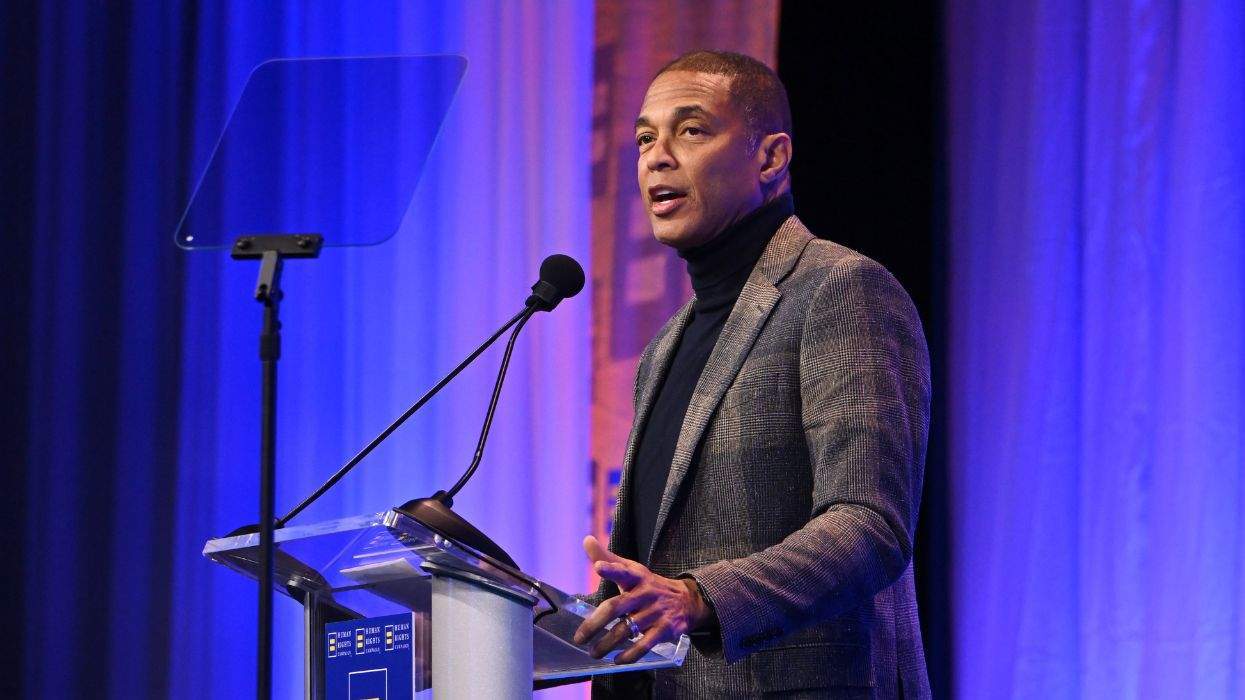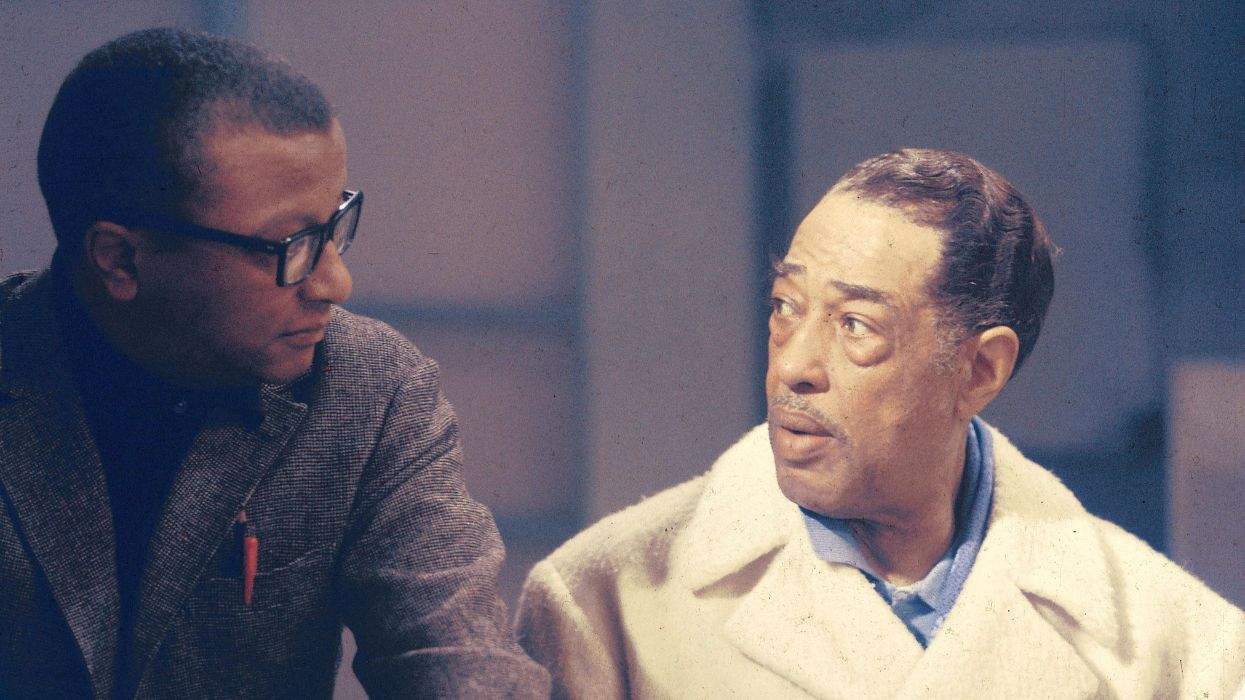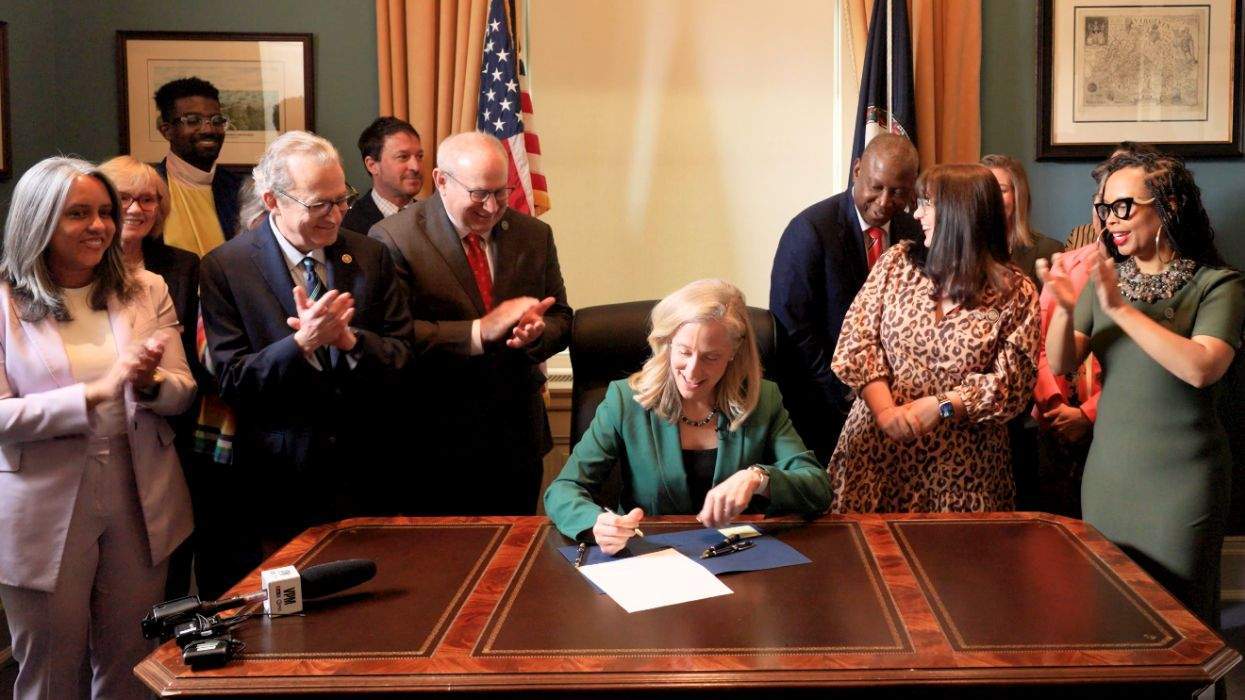
Twenty-five years ago today, the world changed for millions. Not by a war, but by words.
On May 17, 1990, the World Health Organization declassified same-sex attraction as a mental disorder, stating that "homosexuality is not a disease, a disturbance or a perversion." From 1948 until that day, being lesbian, gay, bisexual, or transgender was considered by the world's most preeminent health body to be a "mental handicap," an illness to be treated, cured, "fixed."
In the United States, the American Psychiatric Association had declassified same-sex attraction as an illness in 1973, long before the WHO made its determination. The uprising at Stonewall, San Francisco's Compton's Cafeteria Riots, and the tireless efforts by thousands of LGBT Americans led to a social movement that created a more equal country for us all.
But for those living in countries in Europe, Asia, or Africa, the WHO's declassification of same-sex attraction was a clarion call and a demand for greater action. Love was no longer diagnosable. This turning point is highlighted throughout the world every year since 2004 on May 17, the International Day Against Homophobia, Transphobia, and Biphobia. As with the APA decision, the removal of homosexuality as a disease by the WHO opened a door for activists in other countries to seek similar advances.
Every year, LGBT activists stand together on this important date to promote social and legal change. In Riga, Latvia, a flash mob will encourage the visibility of the LGBT community in front of the national parliament, while in New York, the Free & Equal Campaign of the United Nations will screen a short film in Times Square. And worldwide, governments will convene high-level meetings on IDAHOT to create discussion and foment positive change for LGBT people.
Last year U.S. Secretary of State John Kerry issued a statement that aligned the rights of LGBT people with the human rights of all people. His statement was joined by one from the White House, which issued a statement in honor of IDAHOT for the first time. This year the Human Rights Campaign, the U.N. Free & Equal Campaign, and the U.N. Foundation hosted the first-ever U.S. Special Envoy for the Human Rights of LGBT People in a conversation about advancing LGBT equality throughout the world.
In addition, HRC is joining the conversation on IDAHOT this year by recognizing the important 2015 theme of youth. HRC's Youth Ambassadors -- a group of young activists chosen for their courage and commitment to speaking out on issues affecting LGBT youth -- have sent a video message to young people across the world, expressing solidarity against homophobia, transphobia, biphobia, and all forms of hate (watch it below).
In 2013, HRC launched HRC Global, a new program to help strengthen the global equality movement. The program mobilizes our 1.5 million members and supporters in support of global equality campaigns, joining with LGBT advocates and organizations abroad to support their efforts through partnerships and leadership development and working to build new allies on the global stage.
IDAHOT is an additional opportunity to join with the LGBT community across the globe. It celebrates not just one moment in history but what can be accomplished worldwide, from Kenya and Kyrgyzstan to our own front doors. The United States has an important role to play in fighting for the basic human rights of everyone, regardless of sexual orientation or gender identity. As President Obama proclaimed in 2011, the "struggle to end discrimination against lesbian, gay, bisexual, and transgender persons is a global challenge, and one that is central to the United States' commitment to promoting human rights." Today, we stand as one to celebrate IDAHOT.
TY COBB is the director of HRC Global.















